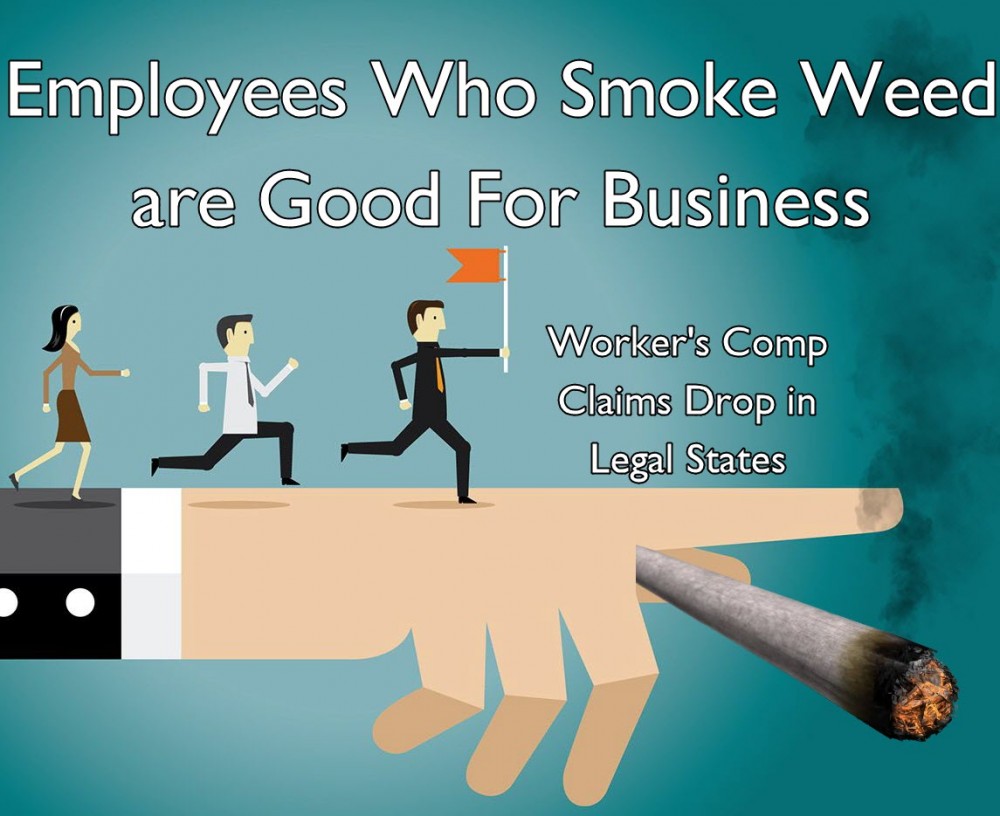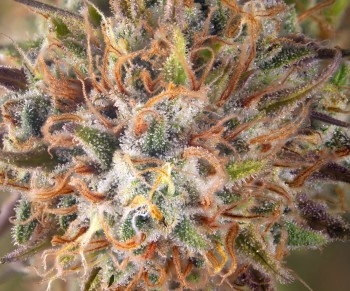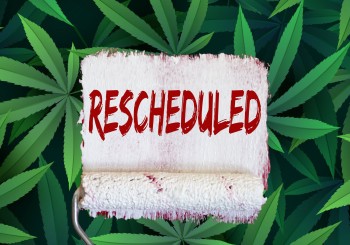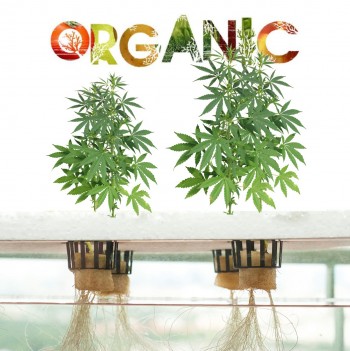After work cannabis use has no impact on productivity [Study]

Why can you get fired for smoking marijuana at home? You’re not tarnishing the name of your company and you’re not engaging in any destructive behavior. Yet – in some cases, if a company knows that you smoked weed at home…you can be terminated. What is the justification for testing for marijuana at the workplace?
For starters – the justification most businesses and organizations rely on is “legality”. Since cannabis is not a legal substance according to the Controlled Substance Act – and more importantly in the most restricted category – companies have unprecedented powers to pry into your personal life and terminate your employment as a result.
You’re not getting fired because you performed worse on the job, nor are you a liability to the company – you only get fired because of the presence of THC in your system. That’s it. There is no other reason why you can get fired for weed – no other reason is needed.
Of course – some may argue that job performance is definitely a factor – especially since weed can stay in your system for up to 90-days. However, these people would not be aware that since cannabinoids bind to fatty cells and thus can be present in your body – but not active in the sense of impairment.
However – for those who need a more evidenced based approach, a recent study found that cannabis had zero negative impact on people’s job performance if they smoked at home.
A Study to put things in perspective…
Before we can continue we must understand how the notion that smoking cannabis at home would have detrimental effects on work performance. You see – the government, especially during the 1980s, were funding anti-cannabis studies.
Phrases like “the menace which is destroying the youth of America,” and “the real public enemy number one” (Esper & Gasnier, 1938) were frequently the premise for a study. Obviously – when you try hard enough to prove something to be true – data can support whatever position you’d like to impose.
These biased-studies didn’t need to be factually credible – they simply needed to convince the general public that they are legitimate After all – when has the government ever lied to us?
Fortunately – with a new cannabis-friendly global environment, these antiquated studies are being challenged and a recent study did just that.
Within the study’s abstract they talk about the sources of our conclusion on cannabis and workplace performance;
Whereas some might believe steps taken by governments and organizations to screen and/or prevent cannabis use are supported by empirical evidence, “such commentary is often based on speculation, vested interests, and pseudo-science rather than on objective interpretation of all available scientific data” (Frone, 2008a, p. 519). In fact, much existing research on cannabis in relation to the workplace, which is rather dated (e.g., Colaiuta & Breed, 1974; Mangione & Quinn, 1975; McDaniel, 1988), finds mostly mixed results with weak effect sizes (Frone, 2008a; Harris, 2004; Normand et al., 1994; Olbina et al., 2011).
Reinvent the criteria
One of the fundamental flaws of the “Dated research” the study mentions is the framing of the studies itself. As mentioned – if you’re looking to prove something in the lab – a bit of data manipulation can make it seem legitimate.
Additionally – the organizational development has evolved significantly since the 1970s and 1980s and thus it was painfully important to reinvent the criteria.
“We designed the current study to address these methodological concerns. In particular, we draw from organizational and epidemiology research to suggest a more nuanced conceptualization of cannabis as it relates to the workplace. This study then uses temporal cannabis items (e.g., how often during the past 12 months have you used cannabis before starting your work day) to predict five forms of workplace performance as rated by the cannabis user’s direct supervisor.
The study took a very nuanced approach and contemplated several aspects in relation to workplace productivity and performance.
While we could dive deep into the methodology and approaches they used for this study, it would take far too long. Rather – CLICK HERE -
What’s the conclusion?
Officially – after extensive review, the study found no significant impact on workplace performance;
“[C]ontrary to commonly held assumptions, not all forms of cannabis use harmed performance. In fact, after-work cannabis use did not relate to any of the workplace performance dimensions. This finding casts doubt on some stereotypes of cannabis users and suggests a need for further methodological and theoretical development in the field of substance use.”
These findings are not isolated either as several other studies found similar results. In 2020 – we ought to be thinking on how to make what we do safer and stop trying to strong-arm people to fit a particular mold. Studies like these help to shed light on previously maintained myths about cannabis and workplace performance.
CANNABIS AND WORK, READ MORE..
WHY YOU SHOULD BE ABLE TO SMOKE WEED AT WORK! READ HERE.







